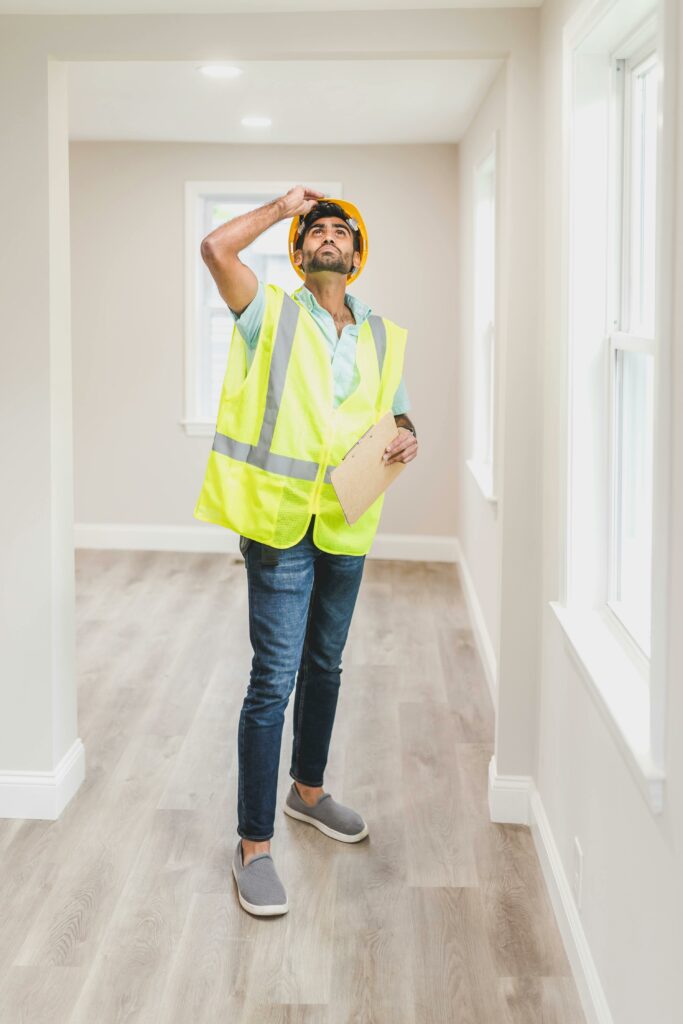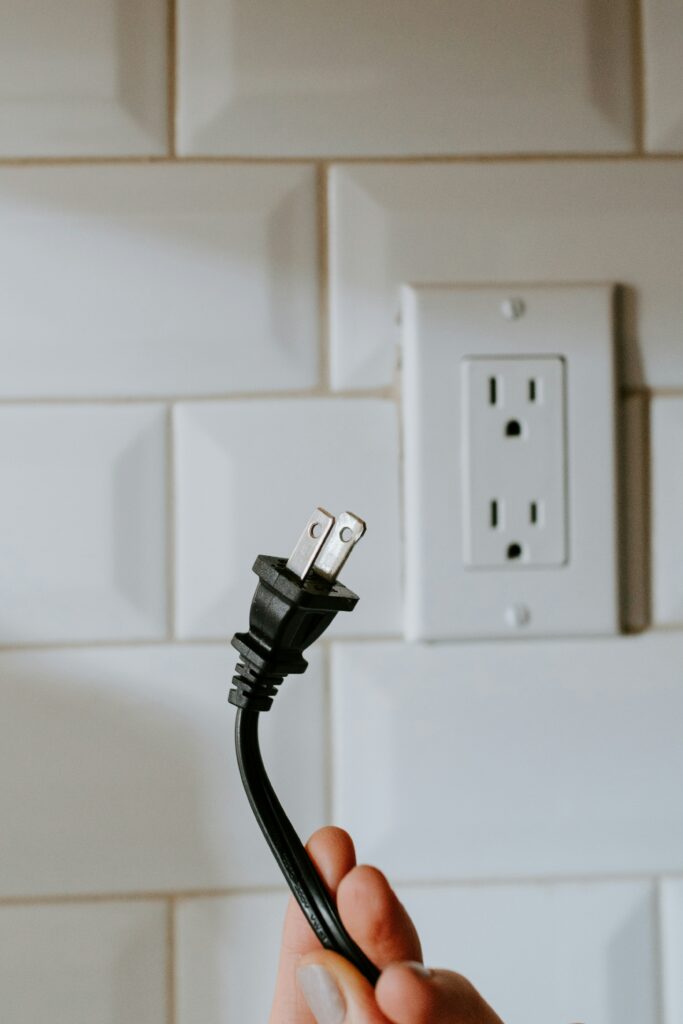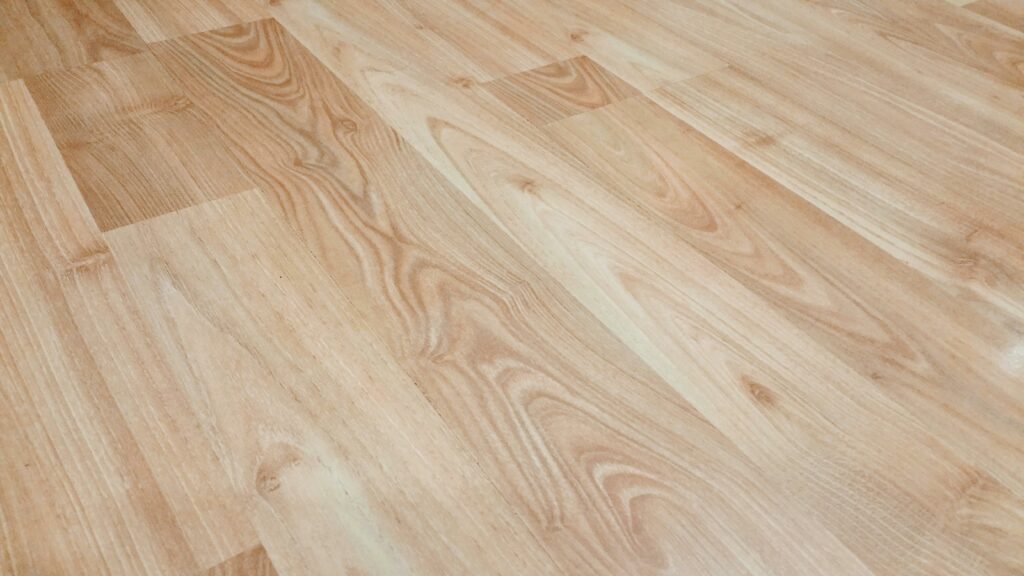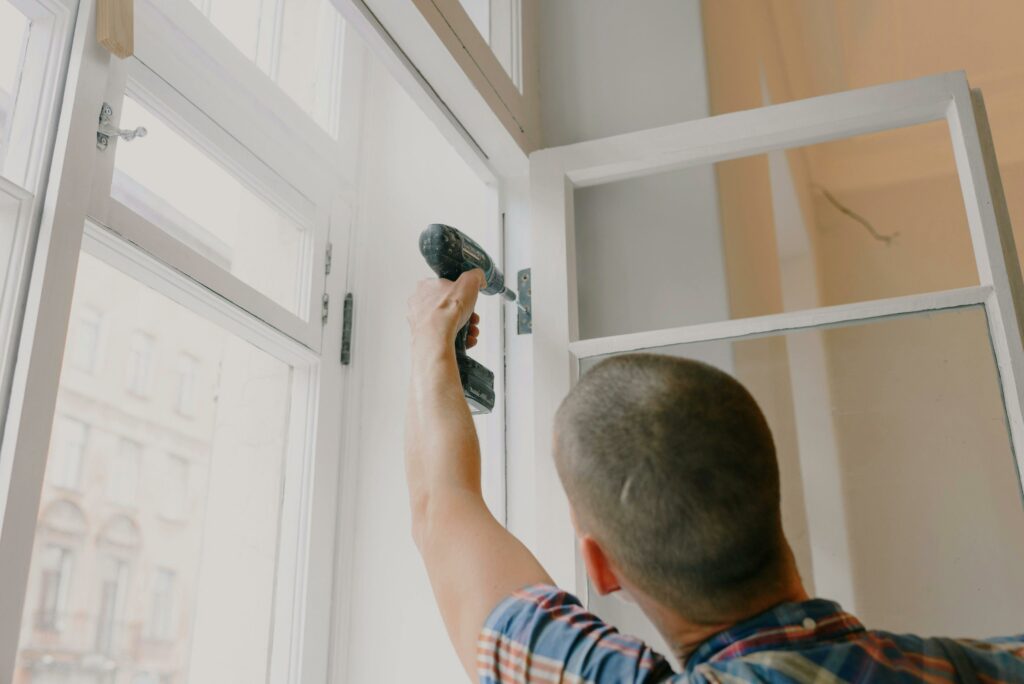Selling a house can be a complex and emotional journey, especially when deciding which repairs are worth your time and money. While some fixes can significantly boost your home's appeal and value, others might not offer the return on investment you expect. Understanding what not to fix when selling your house can save you both effort and expense, ensuring a smoother transition to closing the deal. In this roundup blog, we'll explore which repairs and renovations you should think twice about before diving in.
- Why You Shouldn't Make Certain Repairs When Selling a House
- How to Determine What Not to Fix When Selling a House
- What Not to Fix When Selling a House: Advice from Cash Home Buying Experts
- What Not to Fix When Selling a House: A Closer Look
Why You Shouldn’t Make Certain Repairs When Selling a House
When selling a house, it's tempting to make as many improvements as possible to attract potential buyers and secure a higher sale price. However, not all repairs and renovations yield a good return on investment. In fact, some can actually be counterproductive. Here’s why you should be cautious about certain repairs.
Diminishing Returns
The cost of some repairs can outweigh the added value to your home. For example, installing a high-end kitchen with top-of-the-line appliances might seem like a good idea, but it may not yield a significant increase in your home's market value. Buyers might not be willing to pay extra for upgrades that exceed the neighborhood standard.
Buyer Preferences
Not all buyers have the same tastes. Major upgrades or specific style choices might not align with what potential buyers are looking for. For instance, choosing bold paint colors or unique tile patterns could turn off buyers who prefer neutral, versatile spaces. It’s better to stick with minor, cost-effective improvements that appeal to a broader audience.
Time & Stress
Major repairs and renovations can be time-consuming and stressful, potentially delaying the sale of your house. The longer your home stays on the market, the more it can cost you in
carrying expenses such as mortgage payments, property taxes, and utilities. Focus on quick fixes that improve overall aesthetics and functionality without dragging out the selling process.
Negotiation Leverage
Leaving some minor repairs undone can actually provide leverage during negotiations. Buyers might see an opportunity to customize the home to their liking and could be more willing to make an offer if they can negotiate a lower price or a credit for the repairs. This approach can sometimes lead to a faster sale than a fully upgraded but more expensive home.
Market Expectations
Understanding your local real estate market is crucial. In some markets, homes sell quickly regardless of their condition, while in others, buyers expect near-perfect homes. Research and consult with a real estate agent to determine what level of repair is expected in your market before committing to extensive renovations.
By being strategic about which repairs to make and which to leave alone, you can maximize your home's appeal without unnecessary expense or effort. Focus on those improvements that will enhance your home’s marketability and skip the ones that won’t make a significant impact on your sale price.
How to Determine What Not to Fix When Selling a House
1. Get a Home Inspection
Start with a professional home inspection to identify significant problems that could impact the sale. Addressing health and safety concerns, such as mold, major electrical issues, or structural damage, is crucial as these can deter buyers and prevent deal-breakers during negotiations.


2. Consult with a Real Estate Agent
Leverage the expertise of a real estate agent to gain insights into what buyers in your area are looking for. They can help you understand which repairs are expected, which ones are optional, and advise on upgrades that provide the best return on investment based on current market conditions.
3. Conduct a Cost-Benefit Analysis
Calculate the costs of potential repairs and renovations by getting quotes from contractors. Compare these costs to the potential increase in your home's sale price. Focus on high-impact, low-cost improvements that enhance your home’s appeal without significant expense.

4. Assess Buyer Expectations
Research comparable homes (comps) in your area that have recently sold to understand buyer expectations. Take note of the condition and upgrades of these homes to benchmark what buyers are willing to pay for similar properties. Tailoring your repair decisions to buyer preferences can make your home more attractive.
5. Use Repair Credits Strategically
Instead of making all the repairs yourself, consider offering repair credits to buyers. This allows them to address the issues according to their preferences and can be a useful negotiating tool to close the deal faster. Be prepared to negotiate based on the findings of the buyer’s home inspection, offering repair credits or adjusting the sale price as necessary.
What Not to Fix When Selling a House: Advice from Cash Home Buying Experts
Here’s what our cash home buying experts say about what not to fix when selling a house.
Cosmetic Repairs
“When it comes to evaluating which repairs to make when selling your home, it's important to think about the highest and best use of repair dollars. Many times, I see people making average cosmetic repairs in hopes that will drive the price of their home, but it never does. Instead, it's better use of your repair budget to go towards making sure the core components of your house are intact. Core components of a property consist of the roof, foundation, electrical, plumbing, and HVAC. A buyer would rather spend money on fixing cosmetic things that they can customize themselves rather than spending money on fixing core components.”
Fixes Your Buyer Pool Will Compromise On
“Cosmetic flaws, minor electrical issues, driveway or walkway cracks, grandfathered-in building code issues, partial room upgrades, and old appliances. 23% of buyers purchased a home that was in worse condition than they expected to buy at the start of their search. That’s not a panacea for neglecting all repairs, but it’s wise to heed the advice of your local agent in determining what fixes your buyer pool will want and which ones they’ll compromise on if you don’t do them.”
Anything That Will Cost Large Amounts of Money
“I would avoid spending large amounts of money on anything besides the kitchen and bathrooms of the home. The roof and HVAC are always the greatest expense that a potential buyer will worry about, and then the kitchen and the bathrooms are the largest concerns behind that. Put your money in making those the most beautiful areas of the home.”
Minor Issues
“Cosmetic wear and tear, minor cracks in driveway, and minor electrical issues.”
Major Renovations to Kitchens & Bathrooms
“When selling your house, avoid unnecessary repairs and upgrades such as major renovations in kitchens or bathrooms unless they are truly outdated or in poor condition. Instead, focus on cost-effective improvements like fresh paint, minor repairs (e.g., fixing leaks, replacing broken tiles), and enhancing curb appeal (e.g., landscaping, exterior touch-ups). Prioritize decluttering and depersonalizing to help potential buyers envision themselves in the space. Opting for these strategies can save money, time, and effort while still making your home attractive to buyers. If the repairs are too much for you to handle or don't have the fund available to make the needed repairs, you can sell to an investor.”
Grandfathered-in Building Code Issues
“Unless absolutely necessary, do not open walls that will expose wiring or plumbing that has grandfathered-in codes. This mistake can become very costly and may require a full rewire or replumb via a code inspection.”
What Not to Fix When Selling a House: A Closer Look
1. Cosmetic Issues
Cosmetic issues, such as outdated paint colors or old carpeting, are often subjective and can be easily changed by the new owner. Instead of investing in cosmetic upgrades, focus on making the home clean and clutter-free to allow buyers to envision their own style.
2. Normal Wear & Tear
Every home experiences normal wear and tear over time, such as minor scratches on floors or small dings in walls. These are generally expected by buyers and don't significantly affect the home's value. It's best to focus on maintaining a clean and presentable home rather than investing in fixing these minor imperfections.
3. Minor Electrical Issues
Small electrical issues, such as loose outlets or light switches, often don't impact a buyer's decision. These minor problems can be easily addressed by the new owner and typically don't justify the cost and effort for sellers to fix them before listing the house.

4. Floor Coverings
Replacing carpets or other floor coverings can be expensive and may not align with the buyer's tastes. Instead of investing in new flooring, ensure the existing floors are clean and presentable. Buyers might prefer to choose their own flooring after purchase.

5. Windows
Replacing windows can be expensive, and potential buyers might prefer different styles or energy efficiency options. Instead of replacing old windows, consider simply cleaning them and making sure they open and close properly, which can enhance their appearance without a major investment.

6. Driveway & Walkway Cracks
Minor cracks in driveways and walkways are common and often don't affect a buyer's decision. These can be fixed easily and inexpensively by the new owner if they choose. Instead, ensure these areas are free of debris and presentable.
7. Removable Items
Items that are easily removed, like window treatments, rugs, or decorative fixtures, don't need to be replaced or upgraded before selling. Buyers often have their own preferences for these items, so focus on the overall presentation of the home rather than specific removable elements.
8. Partial Upgrades
Partial upgrades, like renovating just one room or installing new fixtures in an outdated bathroom, can make the rest of the home look inconsistent. Buyers may prefer a consistent style throughout the house. Rather than investing in partial upgrades, focus on maintaining a clean and tidy appearance.
9. Old Home Appliances
Upgrading old appliances can be costly and may not significantly increase your home's value. Buyers often plan to replace appliances with models that suit their own preferences. Instead, ensure the appliances are clean and in working condition to present a functional home.
10. Grandfathered-in Codes
Older homes may have elements that were built to code at the time but don't meet current standards. If these features are "grandfathered in," meaning they're legally allowed to remain as they are, there's no need to update them. Buyers will be aware of the age and potential updates needed for the home.
Prefer Not to Fix Anything When Selling Your House? Contact the Cash Home Buyers at New Again Houses Today!
Trying to decide what to fix and what not to fix when selling your house? The experienced team at New Again Houses can help! As trusted cash home buyers, we specialize in making the selling process quick and hassle-free, eliminating the need for costly repairs and renovations. Our experts will assess your home's condition and provide a fair cash offer, allowing you to sell your house as-is and move forward with confidence. Contact New Again Houses today to learn how we can simplify your home-selling journey and save you time, stress, and money.






